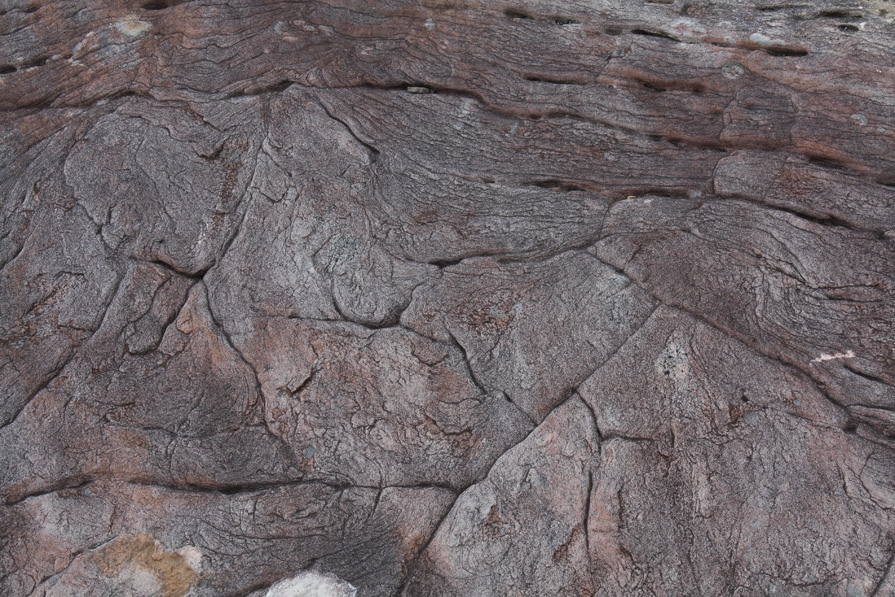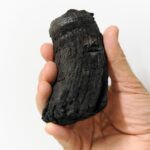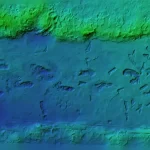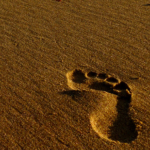New Scientist
Image: Shandchem
Pools of water on land were a lot livelier 1 billion years ago than previously thought.
It is generally assumed that life began in the ocean around 3.8 billion years ago, then moved onto land. Until now, there had been little evidence to suggest this landward migration happened before half a billion years ago. The discovery of eukaryote cells in 1-billion-year-old lake sediment looks set to change that.
Paul Strother at Boston College in Weston, Massachusetts, and colleagues discovered cyst-like bubbles made of organic matter in 1 to 1.2-billion-year-old lake deposits. The bubbles were packed full of fossilised cells, and found in a number of locations across the north-west of Scotland, UK.
Strother says the cells, which appear to be going through vegetative reproduction, show a level of structural complexity “beyond that seen in bacteria” but characteristic of eukaryotes – one of the three domains of life. This suggests the primitive relatives of all animals, plants and fungi had left the oceans and moved into terrestrial waters twice as long ago as thought. Read more on newscientist.com…








